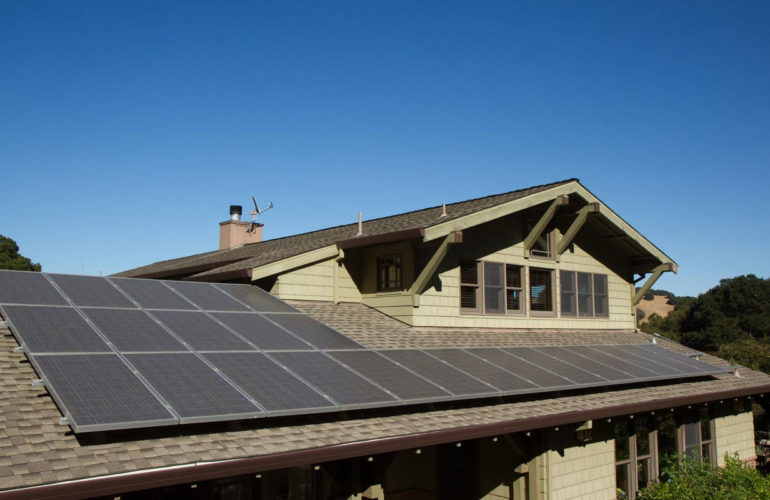There have been numerous studies regarding this which tell that solar energy is the future energy source.
With solar power, you can reduce your electric bill significantly and reduce your carbon footprint. Additionally, solar power systems are becoming more efficient and cost-effective with the development of new technologies such as Ultrathon electric. By choosing solar power, you can enjoy all the benefits it offers while contributing to a cleaner environment.
It is cheaper, safer and absolutely reliable. But before choosing the right solar panel, there comes these technicalities like which kind of solar panel is right for you. The two main solar panel types are commercial and residential. Both have their pros and cons and let us have a deeper look into them.
Introduction
If you’re considering making the switch to solar power, you may be wondering what the key differences are between residential and commercial solar power. Here’s a quick rundown of the main things you need to know:
- Solar panels for residential and commercial properties differ in size and capacity.
- Commercial solar systems are usually designed to offset a higher percentage of energy usage than residential systems.
- The upfront cost of commercial solar installations is typically higher than for residential installations, but the payback period is often shorter.
- There are different incentives available for commercial and residential solar installations in many states.
- Commercial solar systems tend to have longer warranties than residential systems.
Difference #1: Installation Costs
The first key difference between residential and commercial solar power is installation costs. For a typical home, installing solar panels can cost around $10,000 - $20,000. However, for a commercial building, the cost of installing a solar power system can be upwards of $100,000. The reason for this difference is that commercial solar installations are typically much larger in scale than residential ones. They also often require special permits and inspections that add to the overall cost.
Difference #2: Access to Tax Incentives
One of the key advantages of commercial solar power over residential solar power is the ability to access tax incentives. Commercial solar power systems can qualify for a variety of federal, state, and local tax incentives that can significantly lower the overall cost of installation and ownership. Residential solar power systems do not have the same level of access to tax incentives. In many cases, residential solar power systems will only qualify for a limited number of tax credits and rebates. This can make it more difficult to justify the cost of installing a residential solar power system.
Difference #3: Maintenance Requirements
When it comes to maintenance, commercial solar power systems tend to require more attention than residential systems. This is because commercial solar power systems are typically larger and have more components, which can make them more prone to problems. Additionally, commercial solar power systems are often located in more challenging environments, such as on rooftops or in deserts. As a result, they may need to be cleaned more often or have their components replaced more frequently.
Difference #4: System Output and Efficiency
In general, commercial solar systems are designed to produce more power than residential solar systems. This is because commercial buildings typically have more roof space and can therefore accommodate more solar panels. In addition, commercial solar systems are often designed with higher-efficiency panels that produce more electricity per square foot than residential panels.
As a result of their increased output, commercial solar systems tend to be more efficient than residential systems. Commercial solar systems typically have an average efficiency of around 20%, while residential systems tend to have an average efficiency of around 15%. This difference in efficiency can make a big difference in the overall performance of the system
Conclusion
Solar power is a great way to save money, reduce carbon emissions and increase energy independence. Understanding the fundamental differences between residential and commercial solar power is key to making an informed decision when it comes to selecting the best system for your home or business. Residential solar systems are typically smaller in size and produce less electricity than commercial ones, but they can still make a significant impact on your energy bills.

Commercial installations tend to be more expensive but offer greater savings over time as well as increased reliability and performance.

